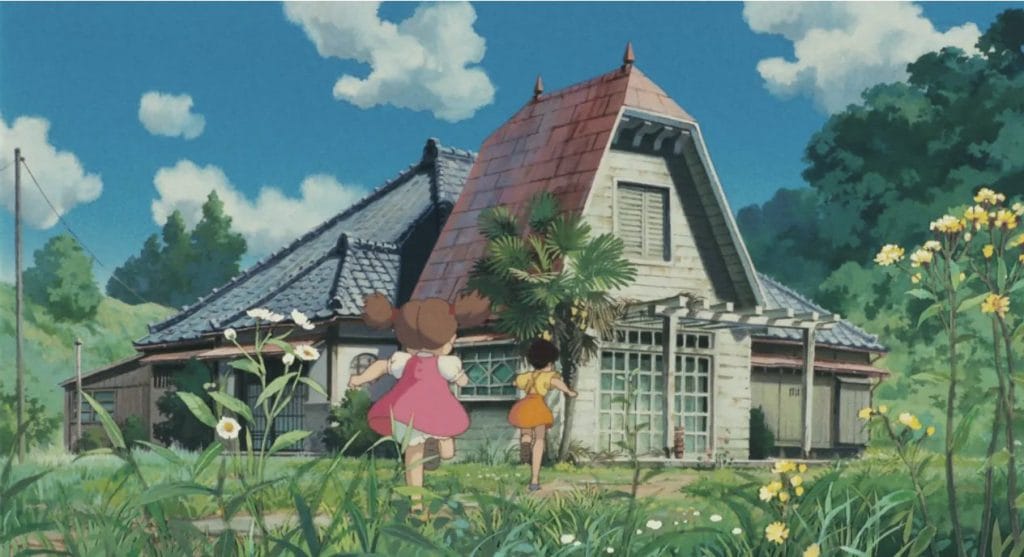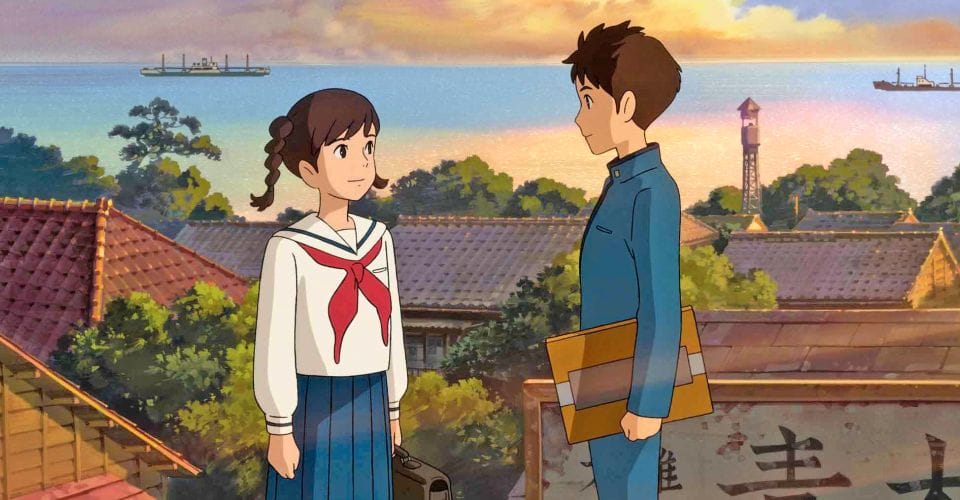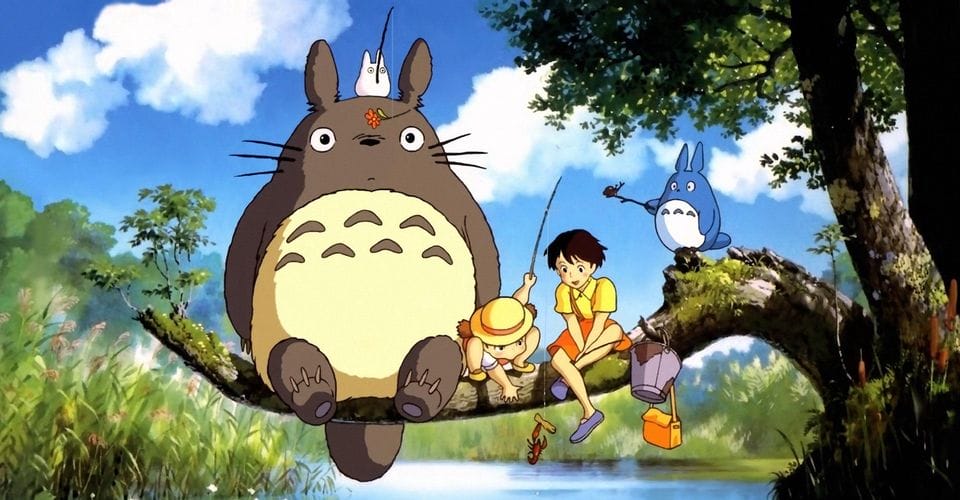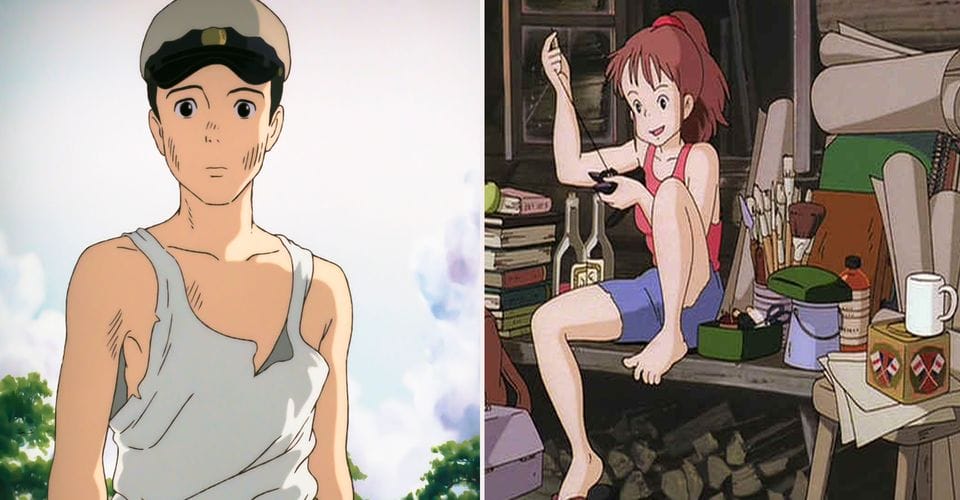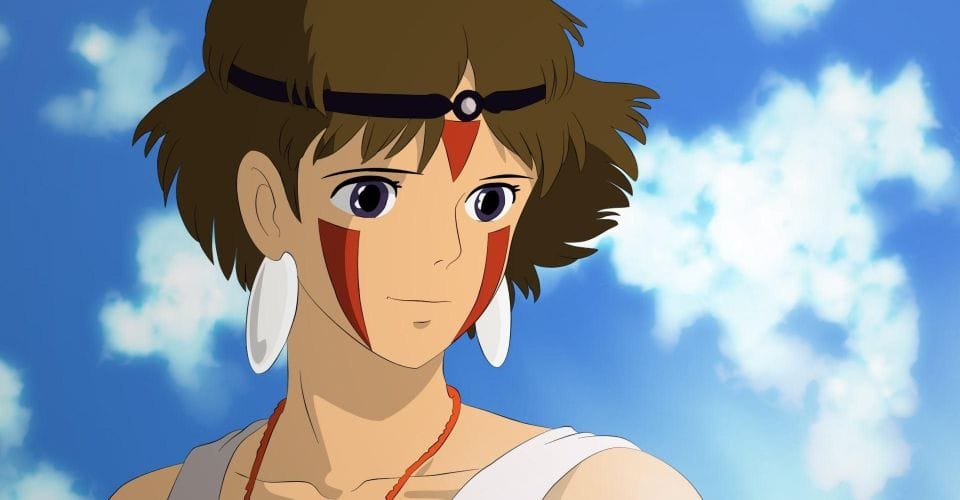Blog
From Up On Poppy Hill review

Studio Ghibli, brings us a slight yet charming romantic drama, From Up On Poppy Hill.
When Goro Miyazaki, son of internationally respected artist and animator Hayao Miyazaki, took on the task of directing the sprawling fantasy Tales From Earthsea in 2006, some critics argued that he’d bitten off more than he could chew. His father had coveted Ursula K Le Guin’s Earthsea books for much of his professional career, and when Miyazaki senior couldn’t direct an adaptation himself, Goro took over – and its middling critical reception must have made for some awkward breakfast conversations in the Miyazaki household.
Seven years later, and Goro Miyazaki’s back in the role of director, this time in a more contained setting. Adapted from the manga by Chizuru Takahashi and Tetsuro Sayama, From Up On Poppy Hill is a slight, nostalgic drama set in a sleepy seaside suburb of Tokyo in the early 1960s.

The least fantastical of Studio Ghibli’s features in years, Poppy Hill‘s low-key drama (and distinct lack of whimsical animals) may leave those who know the animation house’s output from more outlandish fare such as Spirited Away or Ponyo somewhat nonplussed.
For those more familiar with the animation house, there’s much here that’s typical Ghibli. For one thing, it’s told from the perspective of a plucky young girl, Umi, who’s strong-willed and responsible beyond her years. With her sailor father killed by a mine during the Korean war, and her academic mother overseas, Umi’s left to look after a rambling house on the coast. And when Umi’s not studying, she shops, cooks and cleans for her family, who appear to spend all their time variously painting, sleeping or watching television.

At Umi’s school, a minor crisis is unfolding. Its club house, dubbed the Latin Quarter, is to be demolished by town planners, and the male students, among them the school newspaper’s editor Shun, are vainly fighting to save the dilapidated old building from destruction. An awkward romance blossoms, as Umi and Shun work together on the stencilling and printing of their newspaper, and coordinate their fellow students in a final bid to renovate the club house before the planners move in and pull the place down.
As dramas go, From Up On Poppy Hill is as quaint as they get, and makes something like My Neighbor Totoro look like Urotsukidoji. Some British viewers may be somewhat baffled by the film’s lack of incident, but there’s a simplicity to Poppy Hill that’s hugely beguiling.

Where Tales From Earthsea’s animation was disappointingly flat in places, From Up On Poppy Hill is far more vibrant and alive. Some of the character movements aren’t as fluid and sumptuously realised as Hayao Miyazaki’s features, but the backgrounds are stunningly depicted.
The film realises a key moment in Japan’s post-war history in a colourful, distinctive style. The sleepy simplicity of life in Umi’s home town, with its dirt roads and personable fishmongers, is sharply contrasted by downtown Tokyo, which is already being transformed into the kind of spectacular metropolis that the reinvented, reinvigorated Japan would soon be known for after World War II.
For those of us in the west, From Up On Poppy Hill is coming out at an apt time, since this year sees the 25th anniversary of Studio Ghibli’s My Neighbor Totoro and Grave Of The Fireflies. Those vital films in the studio’s founding years were also a wonderful pair of contrasting period pieces, each exploring a different aspect of Japan’s modern history. Grave Of The Fireflies dealt with the bruising impact of military action on ordinary people, while My Neighbor Totoro moved a decade forward in time, to a generation of children young enough to see the countryside surrounding Tokyo gradually consumed by the advance of commerce and concrete.

From Up On Poppy Hill brings us forward another decade, where a rebuilt Tokyo is about to host the Olympics in 1964. The country’s still on the cusp of change, just ahead of the huge electronics boom years of the 70s and 80s. Its characters find themselves in a transitional moment, too. Umi and Shun’s formative years have taken place against the backdrop of war, and whether they realise it or not, the conflicts and tragedies of earlier years have had a considerable impact on who they are and where they live.
Not everyone who watches From Up On Poppy Hill will appreciate all this, but then, a knowledge of Japan’s history isn’t necessarily required to enjoy it. For lovers of animation, it’s enough to simply drink in the loving attention to detail – the celebration of food, a passing motif in so many Ghibli films, is present and correct here, and every character is distinct and wonderfully realised.
Like all good Studio Ghibli films, there’s a sense of warmth and humanity in every frame, a disarming lack of cynicism. Truly, the towns and villages in the studio’s films, whether based on real places or not, are the best of all worlds.

